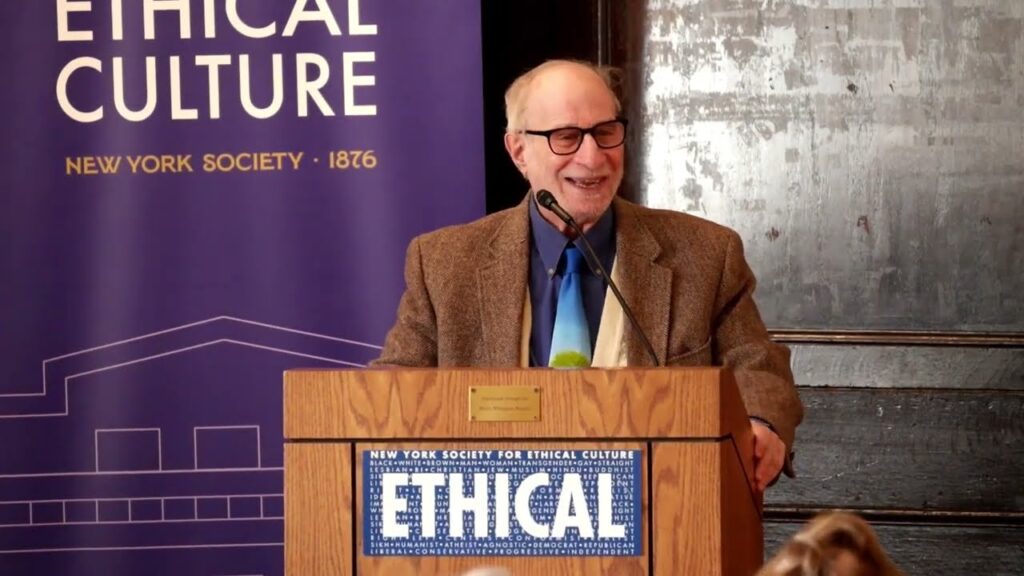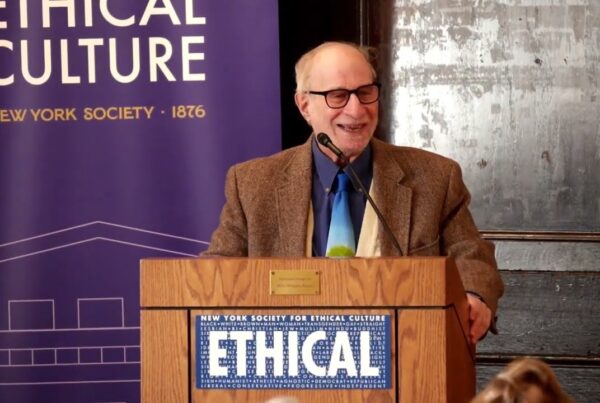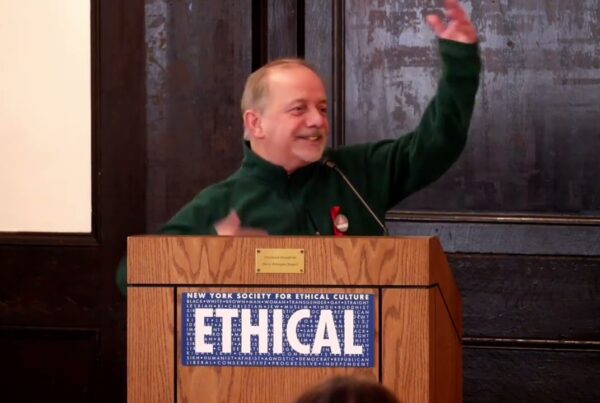Why is a methodology of hope relevant to climate change research among indigenous and rural communities? Indigenous and rural societies which have not contributed to climate change are at its vanguard. Thereby, exacerbating existing inequities and increasing anxiety about livelihood and food systems. The immediate impact can be seen on food systems of indigenous and rural communities. Disruption and anxiety caused by climate crises not only affects their wellbeing, but also the food security of larger urban populations. Our research proposes a methodology of hope using ecological calendars to anticipate climate change. Building anticipatory capacity – being able to visualize diverse futures – is at the core of being able to address the anxieties caused by unpredictable weather changes. Grounded in the local ecology and culture, these calendars represent an effective adaptive response to climatic variation and may even be applicable in Manhattan.
Dr. Karim-Aly Kassam is International Professor of Environmental and Indigenous Studies in the College of Agriculture and Life Sciences at Cornell University. He is jointly appointed to the Department of Natural Resources and the Environment and the American Indian and Indigenous Studies Program. Read more about him here.
Sunday Platform is our most important and long-standing community event. These gatherings educate, stimulate personal growth, inspire reflection and action, and strengthen our community. Sunday meetings begin with music, followed by greetings and a talk given by a Society Leader, member, or guest. Platforms cover a variety of topics that reflect current events, pressing social issues, and Humanist philosophy. Each Sunday meeting is followed by a luncheon and social hour.
To watch previous Sunday Platforms, visit our Videos page and YouTube channel.






